Bihar Electric Vehicle Policy 2019
The 2019 Bihar Electric Vehicle Policy seeks to establish an
e-vehicle manufacturing eco-system in the State, achieve SDGs for the
transportation system, and position Bihar as the top investment location for
the EV industry. By utilizing its market strength and maximizing job
opportunities in this sector in the state, the Bihar Electric Vehicle Incentive
Policy 2019 seeks to position Bihar as the most sought-after investment
destination.
Demand Incentives
E-mobility incentives through Transport Department:
According to paragraph 14 of FAME II dated 8.3.2019,
consumers (buyers/end users) will have access to demand incentives to support
manufacturing in Bihar in the form of an upfront discounted purchase price for
hybrid and electric vehicles.
The following categories of vehicles shall be eligible for demand
incentives:
·
Two-Wheeler
(Electric)
·
Three-Wheeler
(Electric)
·
Four-wheelers
(EV), plug-in hybrid (PHEV), and Strong Hybrid (SHEV)
·
Electric
buses
The nodal department in the Government of India for the
implementation of FAME II, i.e., DHI, shall notify the definition of these. For
the first 100,000 vehicles produced in Bihar, the state will provide
incentives. The number of vehicles to be supported and the vehicle
segment-specific incentive shall be as follows:
|
Vehicle Segment |
Max vehicle to be supported |
Approx. battery size |
Approx incentive @10,000 per kWh |
|
Electric 2-wheeler
|
24,000 |
2 kWh |
20,000/- |
|
3-wheeler |
70,000 |
5 kWh
|
50,000/-
|
|
Electric 4-wheeler |
4000 |
15
kWh
|
150,000/-
|
|
4-wheeler
(SHEV) |
1000 |
1.3 kWh
|
13,000/-
|
|
Electric bus |
1000 |
250
kWh
|
25,00,000/-
|
Electric rickshaws and Electric 2-wheelers that use
lithium-ion batteries rather than traditional lead-acid batteries will receive
an additional incentive of Rs. 7,000/- per kWh.
·
To
upgrade to 100% electric mobility, manual pedal rickshaw drivers will receive a
special grant of Rs. 10,000 per kWh. Owners of pedal rickshaw fleets are
eligible for a 10% interest subsidy on loans taken to convert or upgrade to
100% electric mobility.
·
Interest
subvention of 10% to the buyer of a light electric freight vehicle or e-bus.
·
If
the end-user falls under the MBC or S.C./S.T. or is below the poverty line,
they are eligible for a top-up subsidy of Rs. 8000/- on the ex-showroom price.
·
To
qualify for these incentives, all such vehicles must be accompanied by a 3-year
comprehensive warranty including that of battery from the manufacturer.
·
Electric
vehicles are exempt from road taxes and registration fees at 100%, strong
hybrid vehicles are exempt at 50%, and CNG vehicles are exempt at 25%.
·
In
order to introduce leasing options for e-rickshaws in the state, the government
will promote partnerships with mobility service providers.
·
Green
plate registration for EVs for both personal and business use exemption from
toll fees and parking meters. The purchase of EVs by all government agencies
will serve to promote the 10% interest subsidy offered to purchasers of EVs
made in Bihar.
·
EV
incentives specifically designed for schools and hospitals by the
transportation department after consulting with SIPB.
·
The
Transport Department shall implement a suitable Information, Education, and
Communication (IEC) Program to raise consumer awareness of and promote
e-mobility.
Incentives for Manufacturers of Electric Vehicles (EVs) and
its Components
·
All
incentives as listed in Chapter 6 of the Bihar Industrial Investment Promotion
Policy, 2016.
·
The
Bihar government shall incentive the manufacturing and assembly of:
Electric vehicles (EV)
Components
Cells for EVs
Batteries for EVs
·
A
manufacturing hub for EVs must be established, complete with shared spaces, a
research, and development facility, and a testing area for vehicles.
·
An
additional seed fund of Rs. 10 lakhs to the first fifty start-ups operating in
the EV domain
Incentives for Manufacturers of EV Chargers and Service
Providers
·
All
incentives as mentioned in Chapter 6 of Bihar Industrial Investment Promotion
Policy, 2016.
·
Commercial
public EV charging stations will be eligible for a 25% capital subsidy on
equipment/machinery (limited to Rs. 5 lacs per station) for the first 500
commercial public EV charging stations.
·
Across
the state, the rate of Electrical power required for EV charging shall be an
industrial rate of electricity.
Policy Document
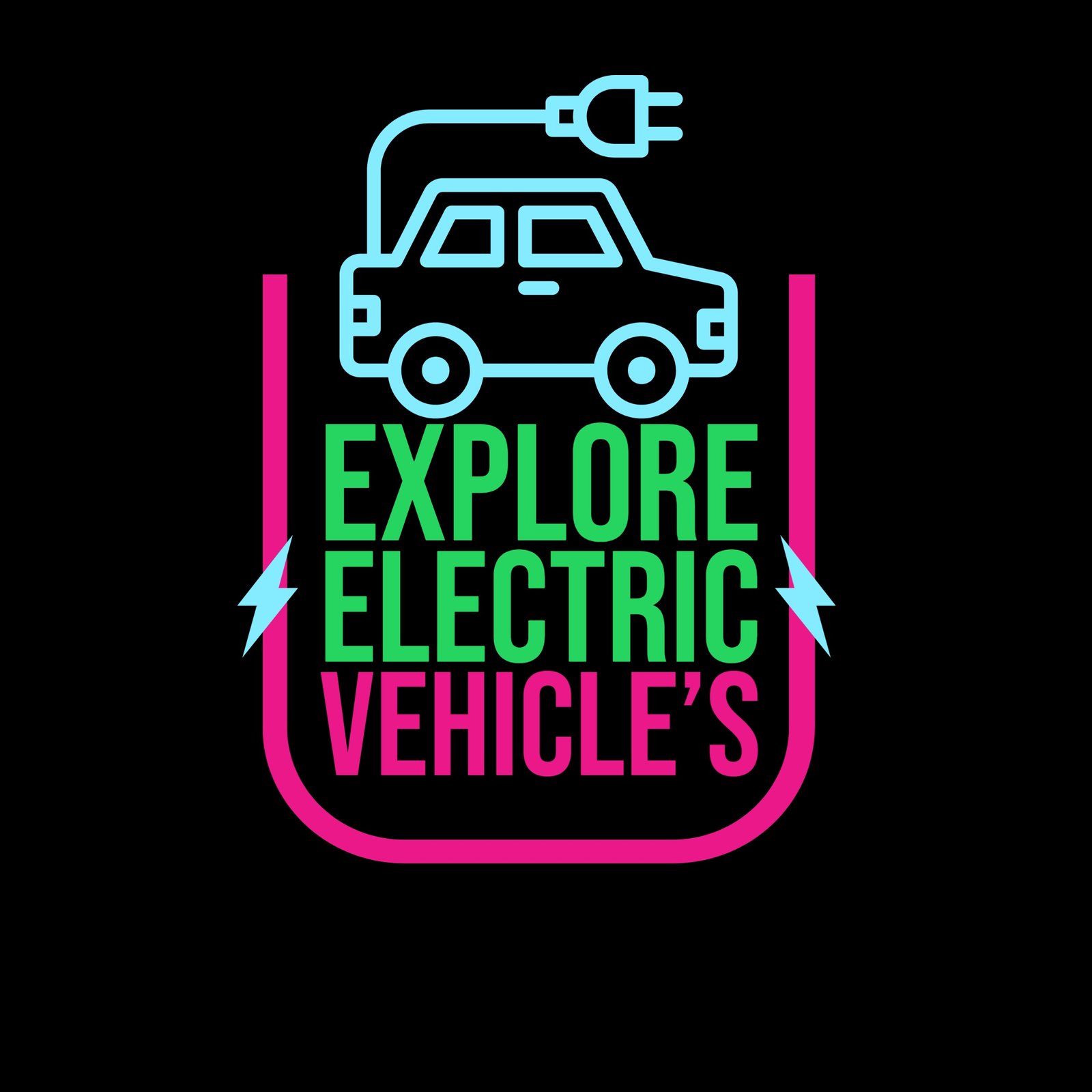

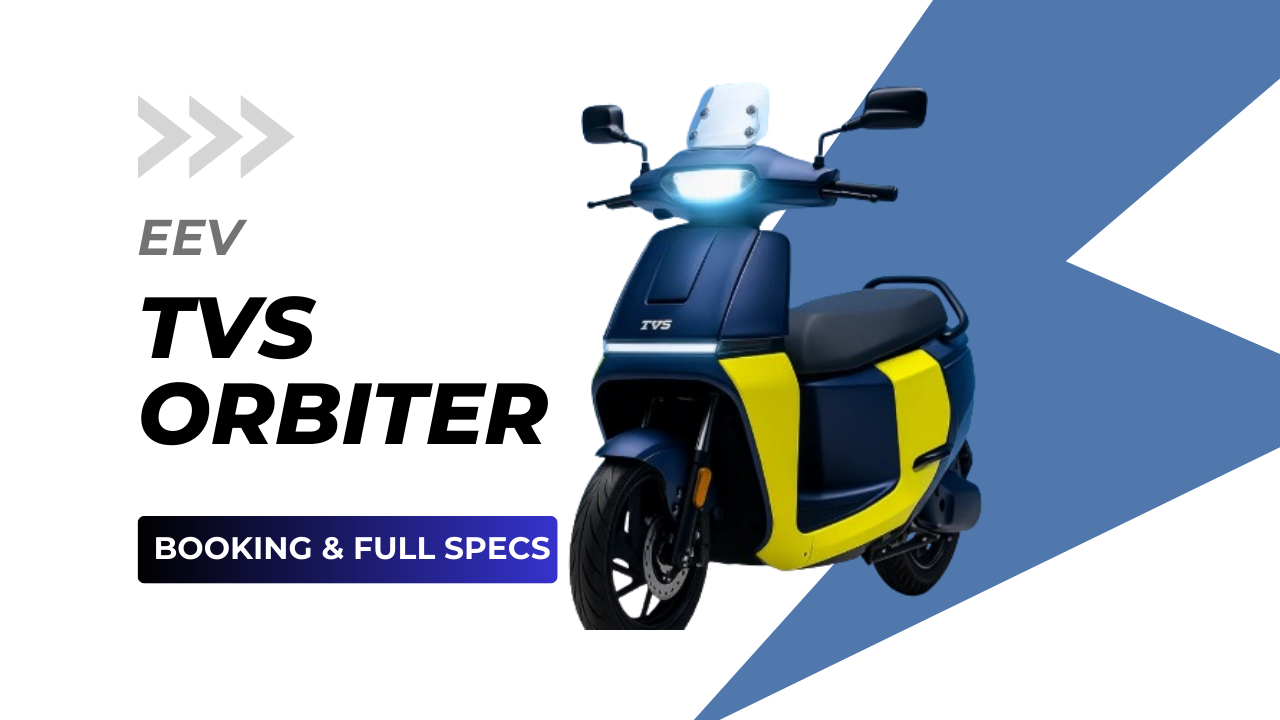
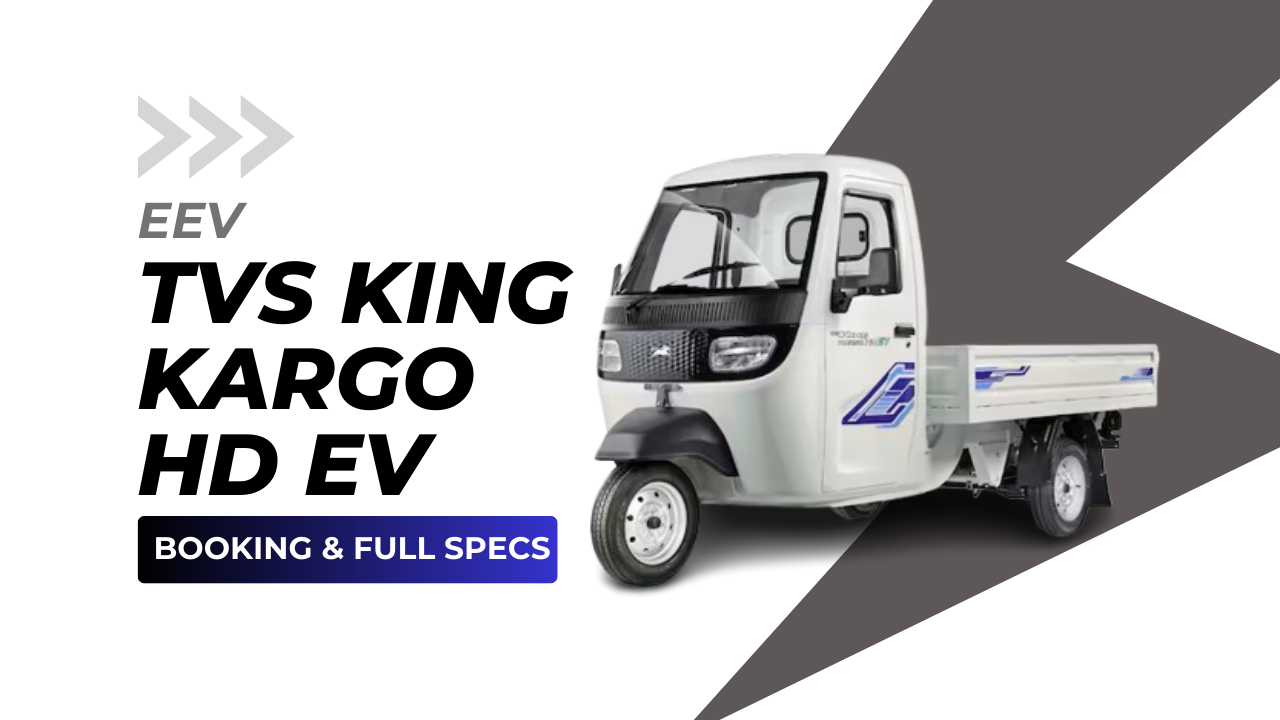
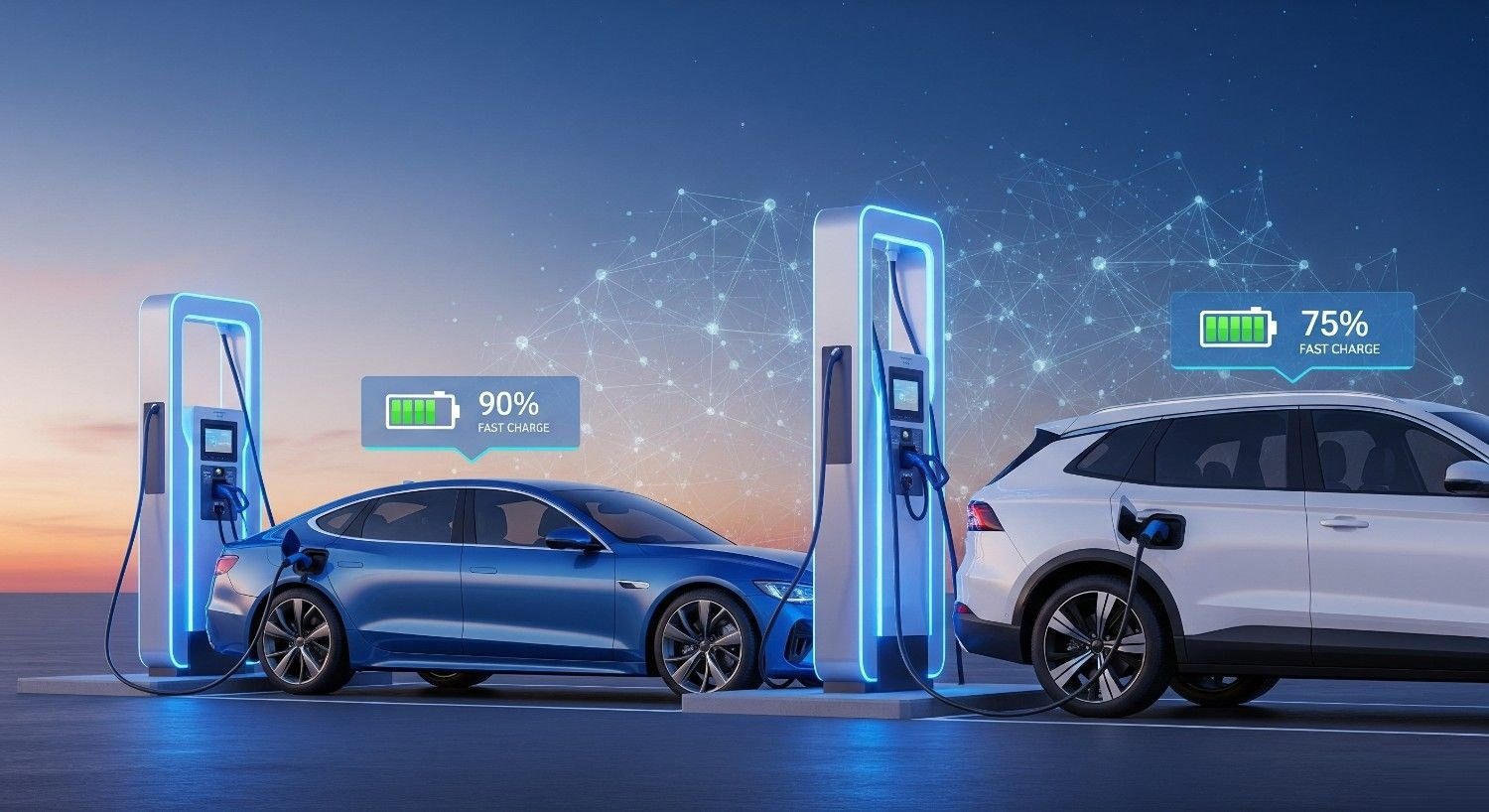

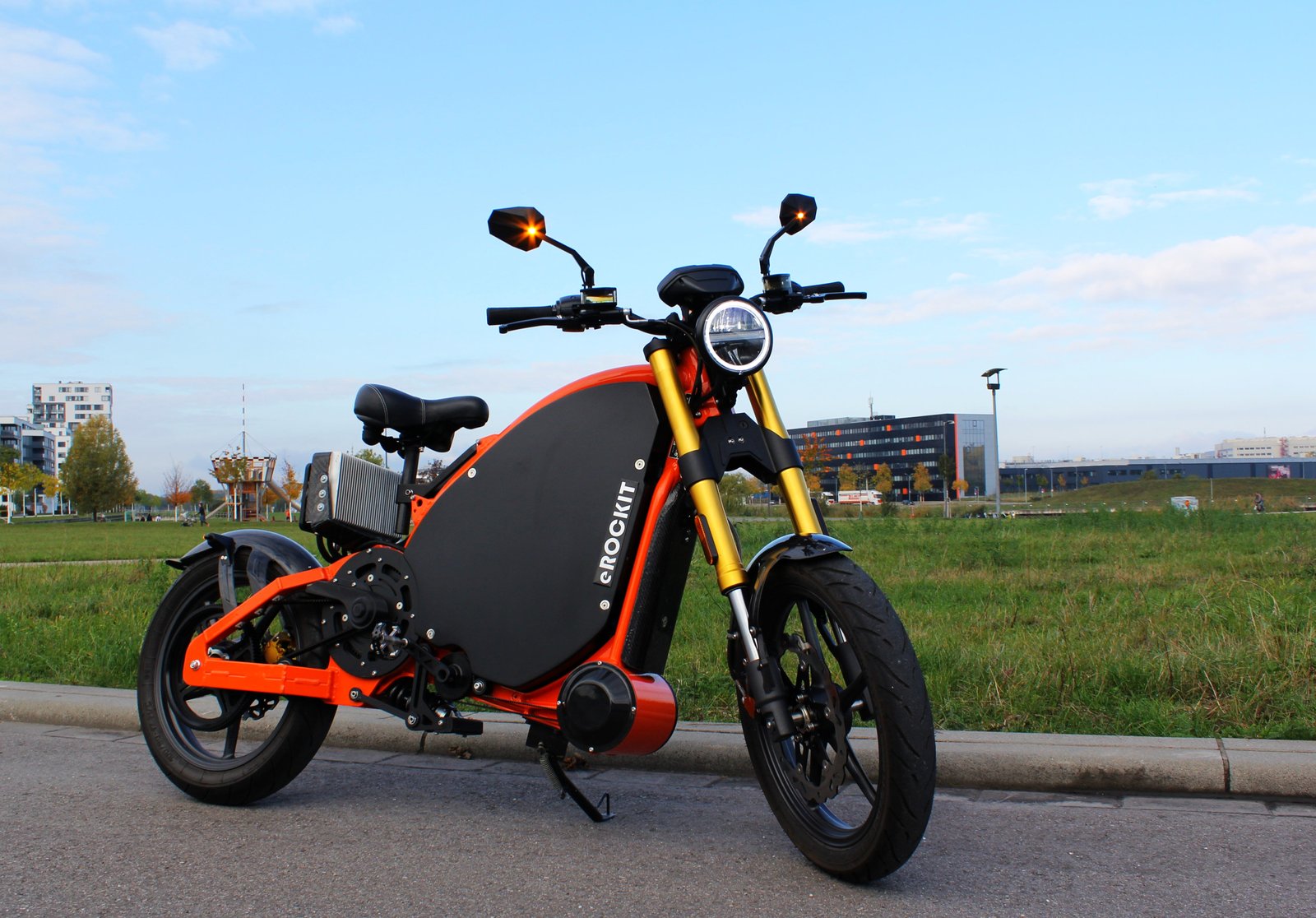

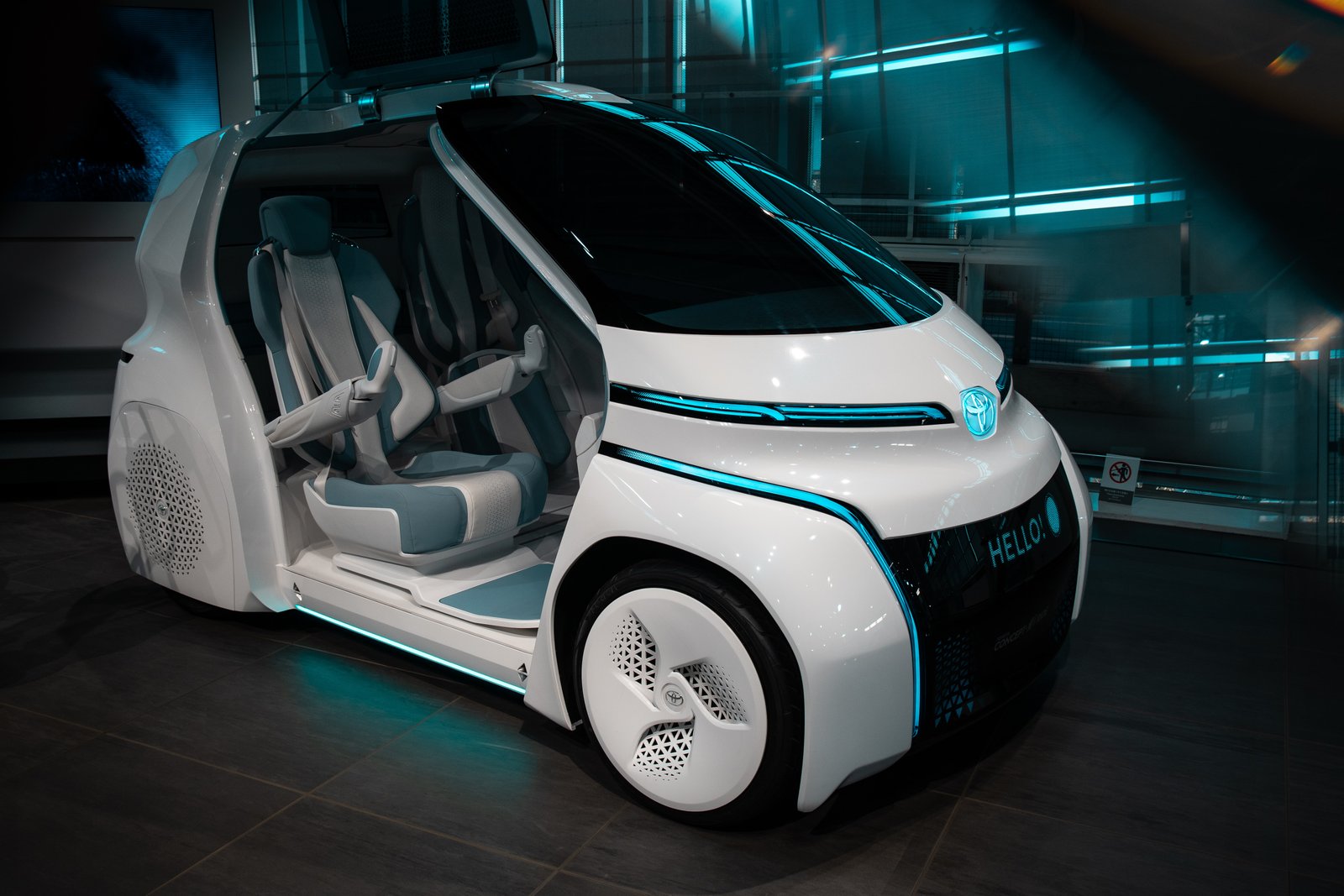
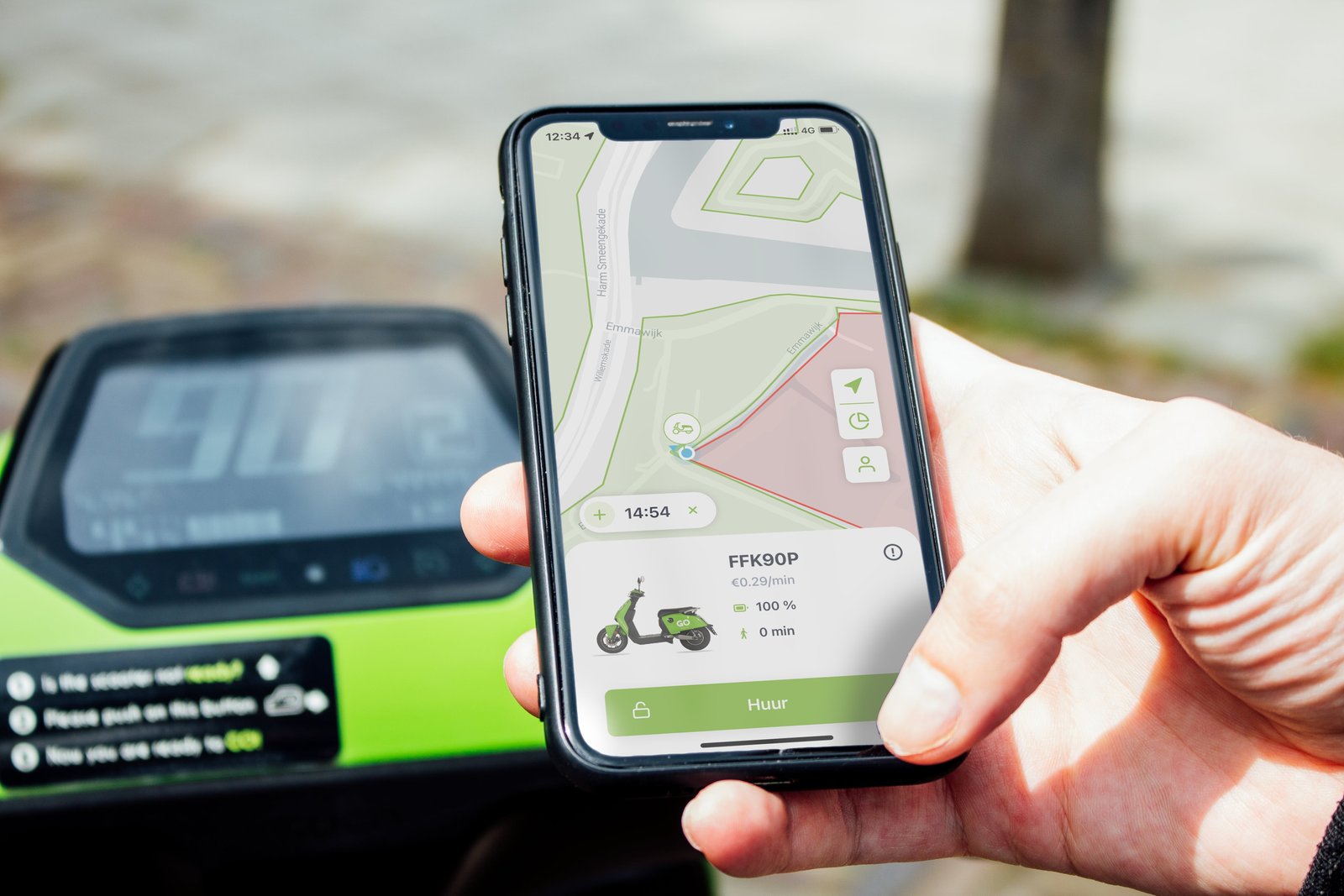
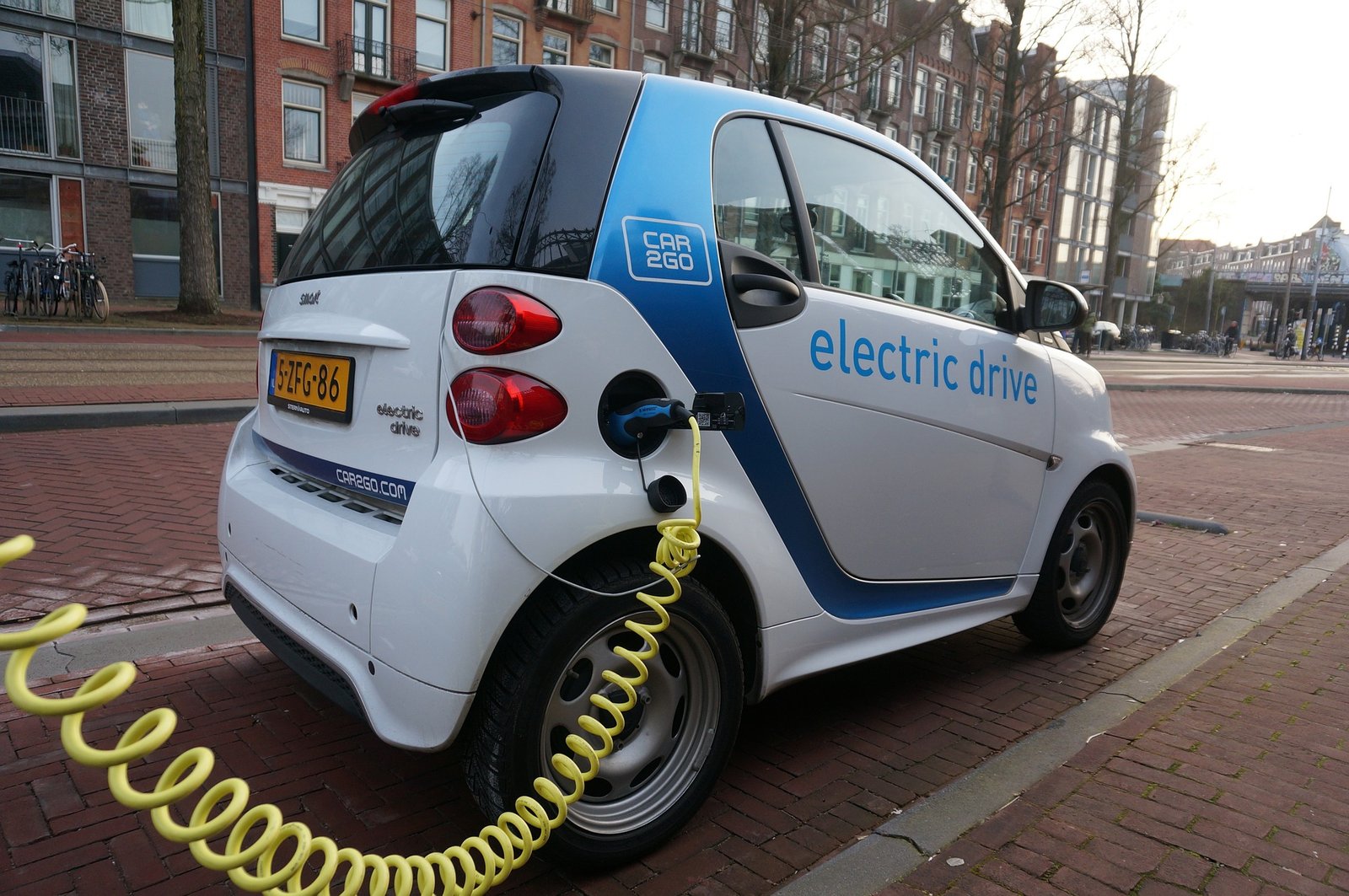
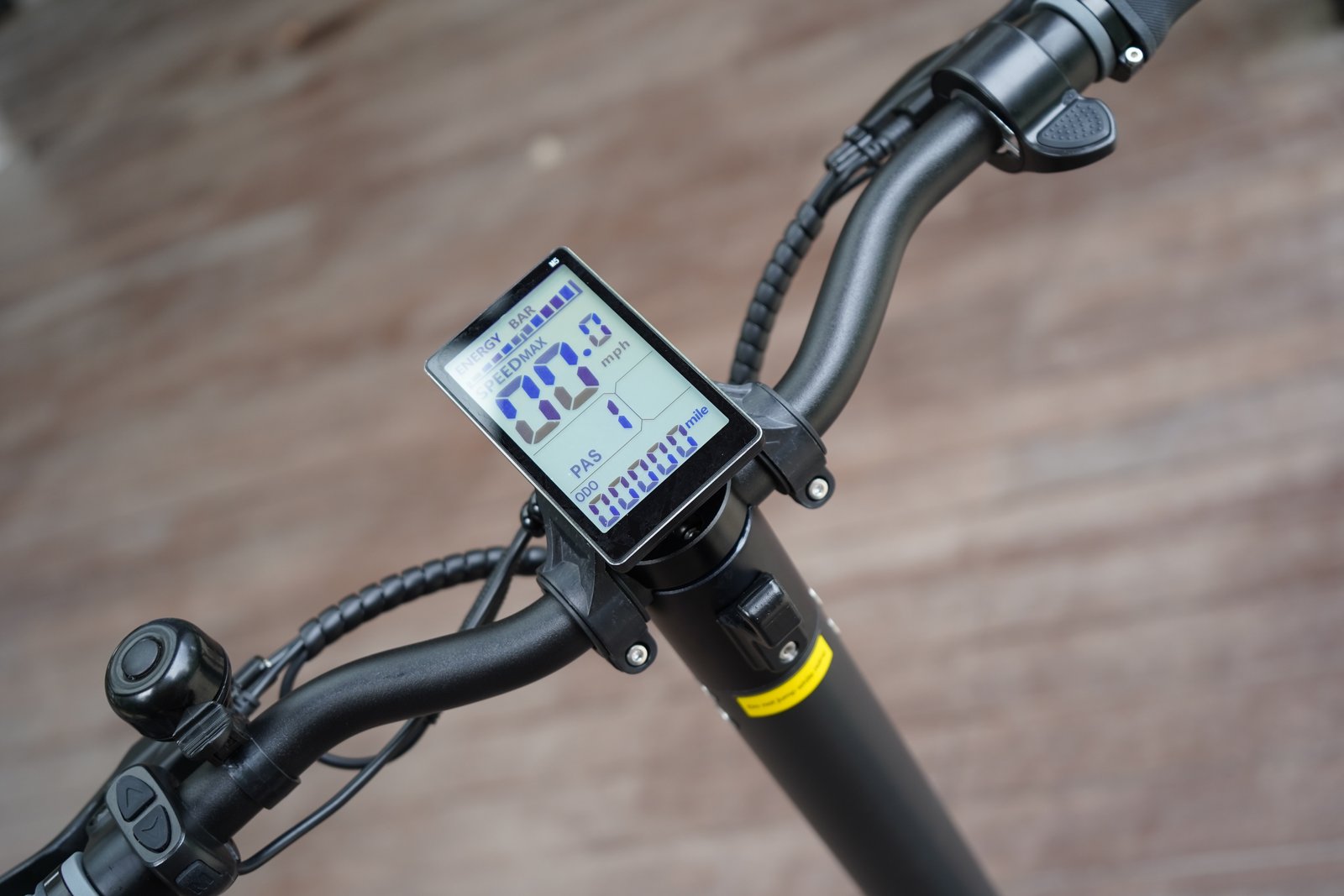
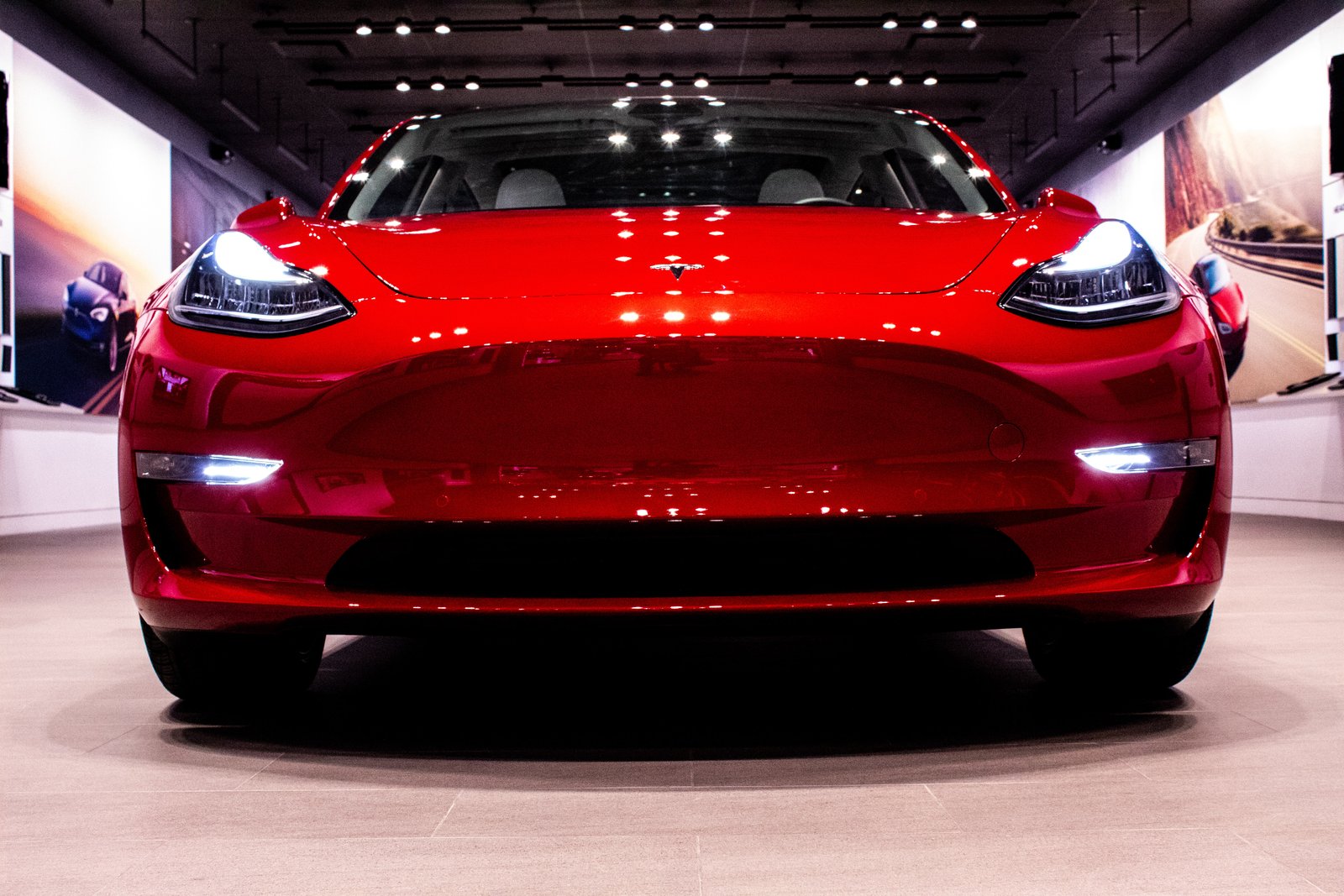
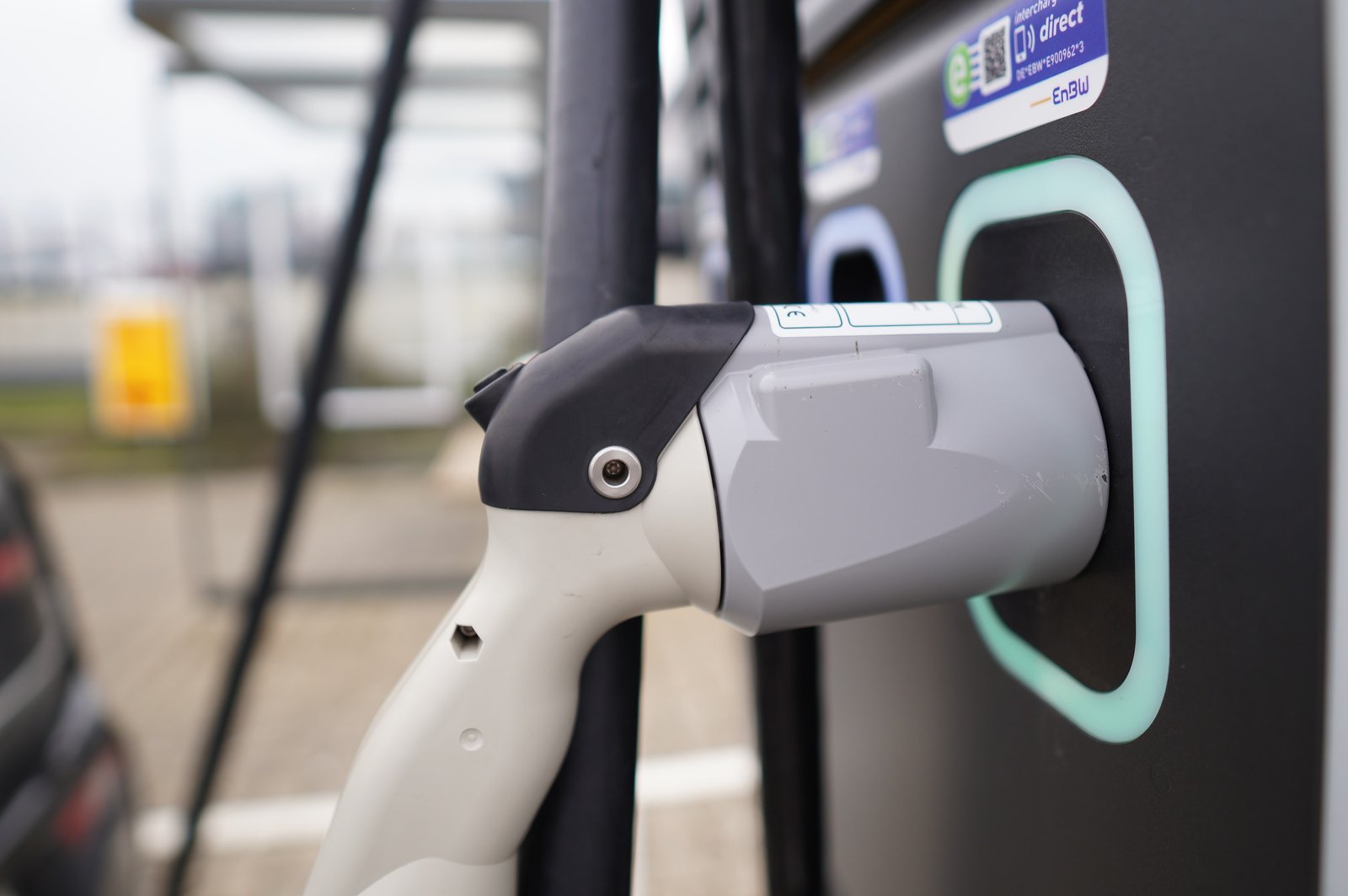
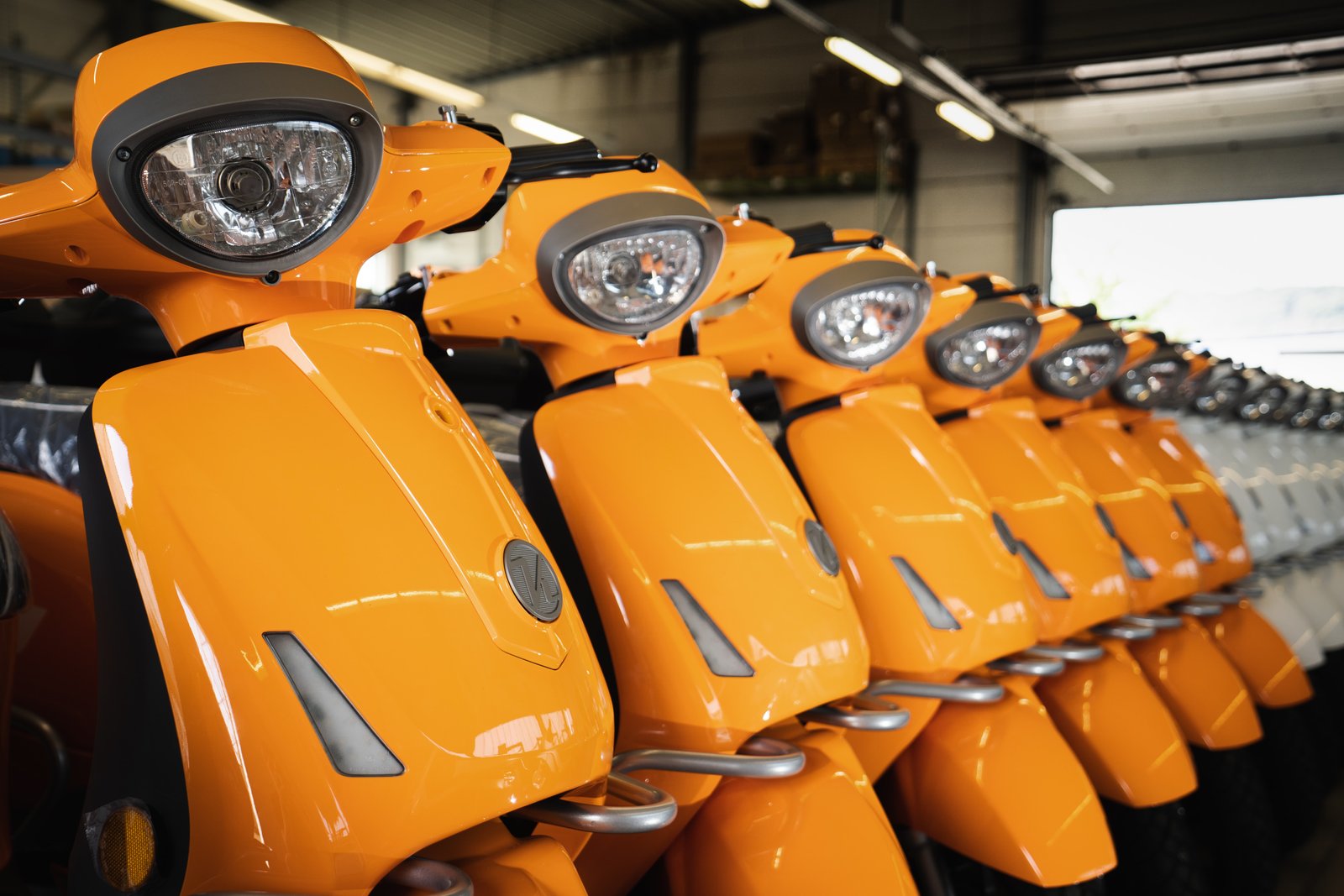
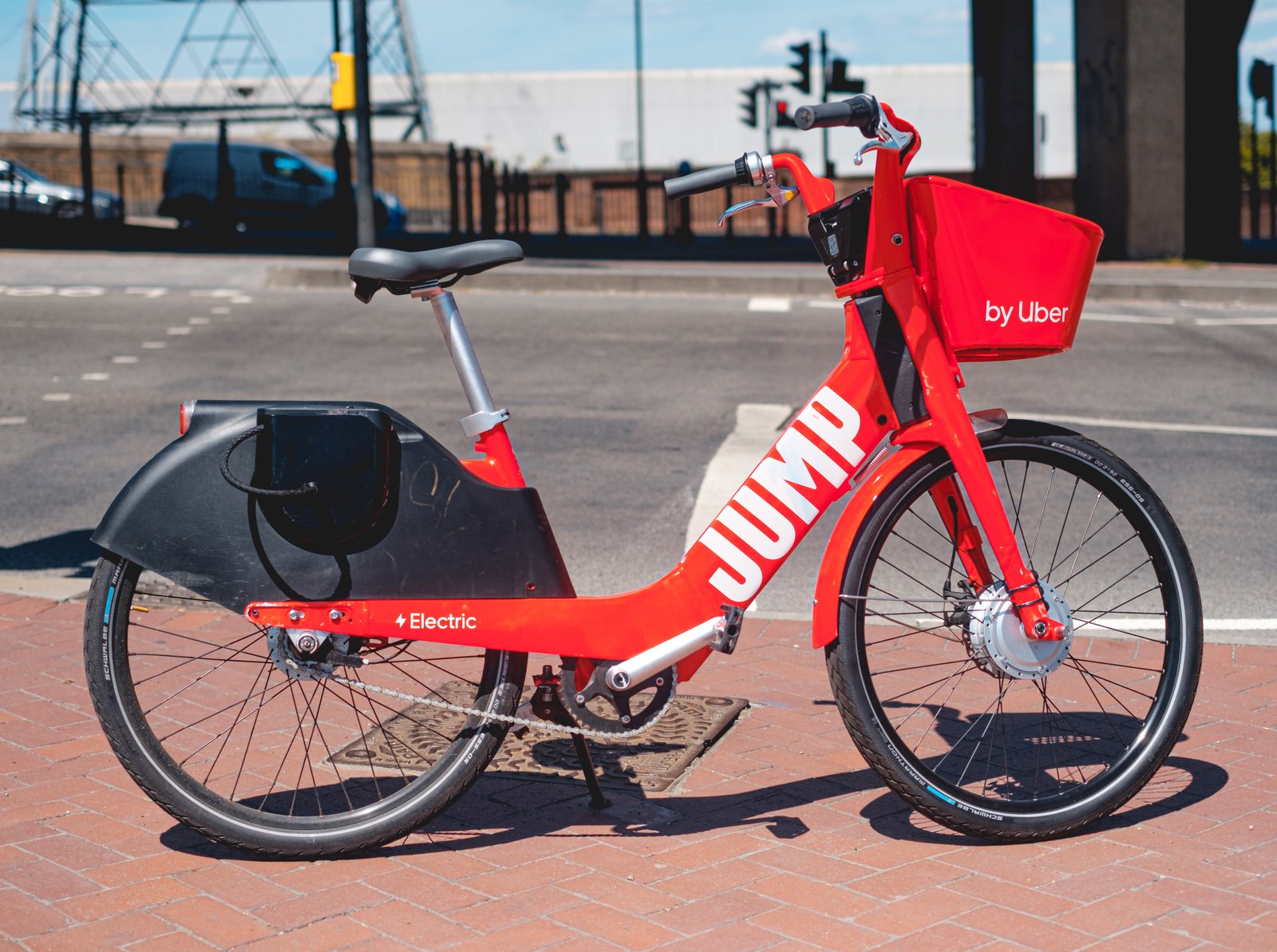
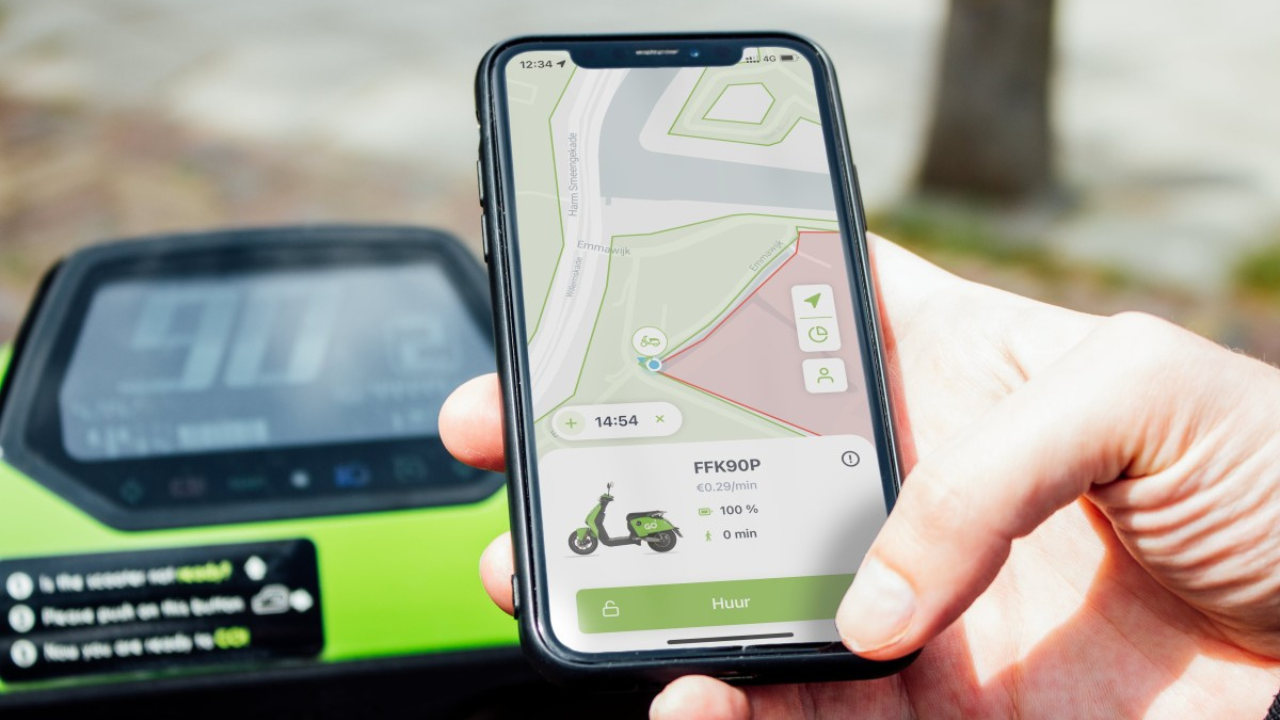
Leave a Comment